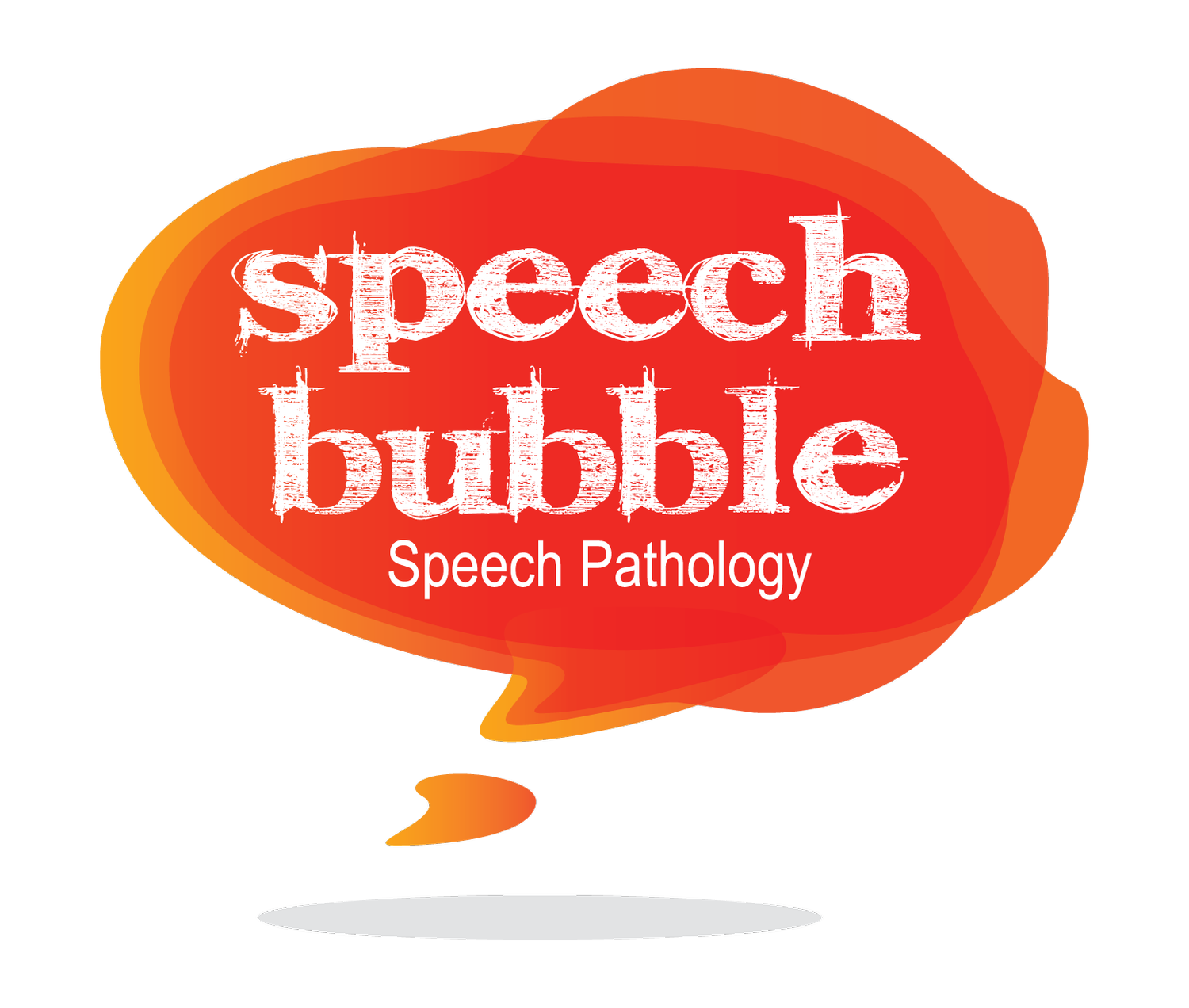Articulation disorders focus on errors (e.g., distortions and substitutions) in production of individual speech sounds. Phonological disorders focus on predictable, rule-based errors (e.g., fronting, stopping, and final consonant deletion) that affect more than one sound.
Articulation & Phonology disorders.
Is an approach which consists of a variety of strategies Speech and Language Therapist's, Teachers and Parents can use to help support the speech and language development of their children ready for entry into school.
Early Intervention.
Literacy is the ability to read, view, write, design, speak and listen in a way that allows us to communicate effectively and to make sense of the world.
Literacy
Paediatric language.
Right from birth, babies learn language and communication skills and are able to react to different sounds. They develop skills to understand language long before they start speaking. Each baby will develop these skills at a different rate, although there is a general pattern of early language development.
Receptive & Expressive language difficulties.
A child with receptive language disorder may also have expressive language disorder, which means they have difficulties with using spoken language. Symptoms differ from one child to the next, but can include: frequently grasping for the right word. using the wrong words in speech.
Voice disorders.
Using the voice box or vocal cords to produce sound for speech. For example, a person who regularly loses their voice or a person who has had surgery for throat cancer.
Central Auditory Processing.
(CAPD) is the inability to understand verbal language in a meaningful way, in the absence of a hearing loss. In other words, there is a problem with the way the ear talks to the brain, and the brain has trouble interpreting what the ear is trying to tell it.
Stuttering & Fluency.
Commonly called stuttering. This difficulty is usually first noticed when a child starts putting sentences together around 2 years of age, however it can persist into adulthood.
For more information you can visit Speech Pathology Australia - fact sheets
These facts are for educational purposes only. Please consult with your GP or other health professionals to make sure any information you read is right for your child.

PRIMARY SCHOOL, KINDERGARTEN, DAYCARE SCREENING SERVICES AVAILABLE
Speech Bubble offers a Speech & Language Screening service where we come to your facility and conduct multiple screenings for your children. This is a wonderful service to provide for your families, especially in preparation for school readiness and early intervention concerns.
Speech Bubble aims to make the organisation of the screenings a simple process for your school/facility. All parent/guardian permission forms are provided by Speech Bubble. Payments are also made directly to Speech Bubble avoiding any extra administration time by school staff. Depending on the number of children booked, a discounted fee can be offered for the screening service.
Contact Client Care at Speech Bubble today to discuss our
School & Kindergarten Screening Service on
0491 686 780 or Email Appointments@SpeechBubble.com.au









